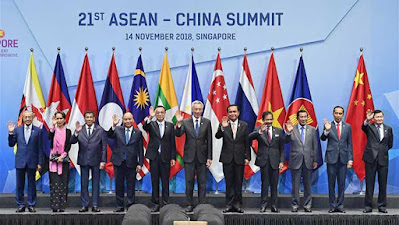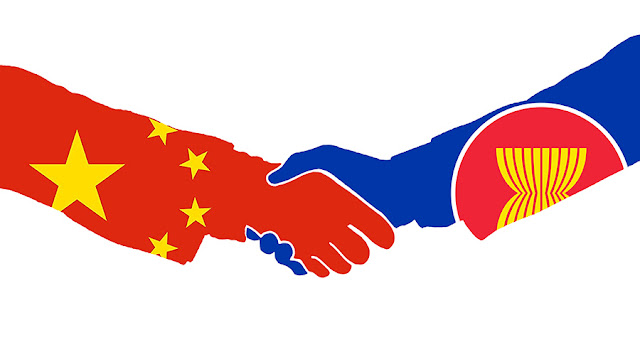Xinhua News: China, ASEAN move forward amid changes

BALI, Indonesia, Nov. 17 (Xinhua) -- As China and ASEAN are going to celebrate their 20th anniversary of dialogue at a commemorative summit in the Indonesian resort island of Bali this week, China-ASEAN relations have all evolved to a stage better than ever. ASEAN, the then 6-member bloc, is dubbed now as the growth engine for the world and China, who just began economic reforms toward a market economy in those days, ranks the 2nd largest economy. Their relations also prove to emerge stronger from all the changes they encountered over the period. The year of 1997 is the watershed in the history of China and ASEAN relations. Despite its own financial difficulties, China resisted pressures to depreciate its currency renminbi and offered more than 4-billion-U.S. dollar assistance and export credit to help Southeast Asian countries to recover,which later resulted in the establishment of good-neighborly and mutual-trust partnership. Both sides also signed an initial framework in 2002...


